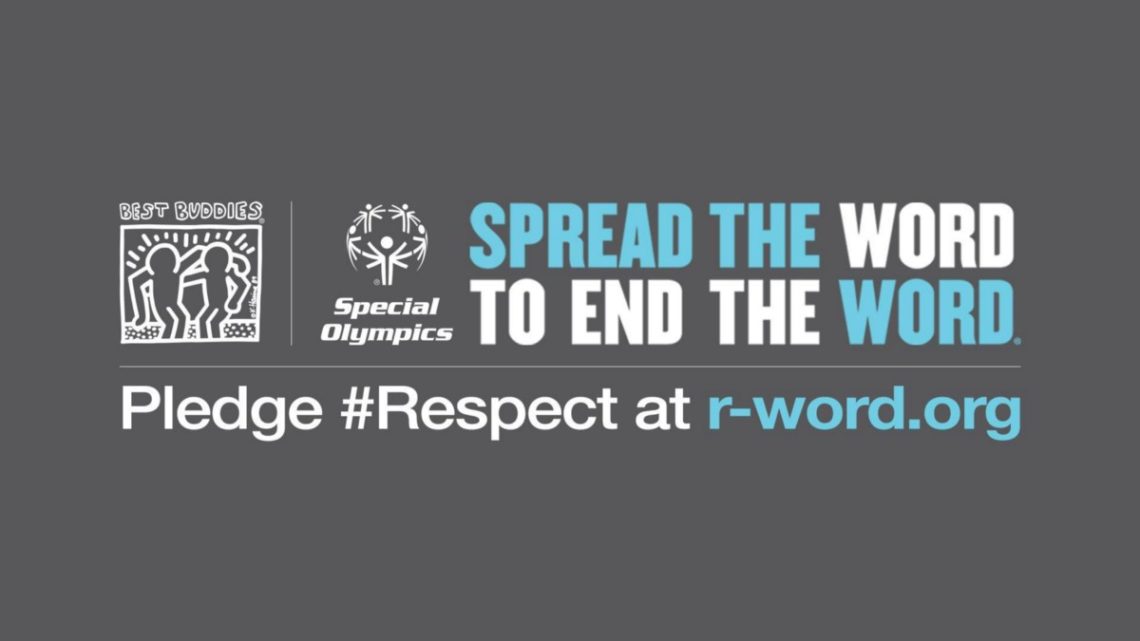Chloe Marsh
March 6 marked the 10th anniversary of Spread the Word to End the Word, a nationwide campaign to eliminate the use of the R-word because of its dehumanizing and derogatory connotation. However, this campaign is about more than pledging to stop the use of a single phrase or just one isolated day where you sign a banner and possibly sport a flimsy rubber bracelet. It is about striving for inclusion and equality for people with disabilities, and making sure that everyone is respected both in actions and in speech. Here is how TC can help achieve that mission and ensure that all people are respected at TC and in Alexandria through your language:
1. Stating the Obvious: Stop Using the R-word!
Once a clinical term, the R-word over time has evolved into a derogatory insult. It is offensive and promotes exclusion, and is extremely hurtful to people with disabilities as well as their loved ones. Using discriminatory language is never okay in any context, no matter who you are speaking to. And for those that defend its usage by saying it’s a “medical term” “mental retardation” stopped being used by the American Psychiatric Association’s Diagnostic and Statistical Manual of Mental Disorders in 2013.
2. Stop Using Its Synonyms, Too
While many students at TC have already stopped using the R-word, many still use terms such as “sped” or “autistic” in a demeaning way. Using these words is just as bad as the R-word because it directly links people with disabilities with something that is bad (which is untrue!) Start using words that don’t portray a group of people in a negative light, even if you are not directly addressing them.
3. Use People-First Language
“People-first language” is a way to address and talk about people in a kinder and more respectful way. To put this in context, imagine referring to a person as “glasses girl” rather than “a girl wearing glasses”. Beyond its strange sound, this type of syntax reduces the person to a single characteristic. By saying “a person with a disability” instead of “a disabled person”, the person is put ahead of the disability, making it more respectful.
4. Spread the Word!
Once you have learned the importance of using respectful language, it’s time to “spread the word” to friends and family. It can be awkward at first, but standing up to people who use disrespectful language is arguably the most important thing to do in order to make a change. I’ve gotten my fair share of eye rolls and snarky comebacks, but by finding the strength to do what is right, you can make a big change in the attitudes of others.
While changing your own language is only a small step toward inclusion and justice for people with disabilities, every effort leads to positive change. So, the next time that you’re reaching in your vocabulary to describe something, start using language that is respectful to all, and spread the word to end the word!
Visit this link to make your pledge:http://staging.r-word.org/



